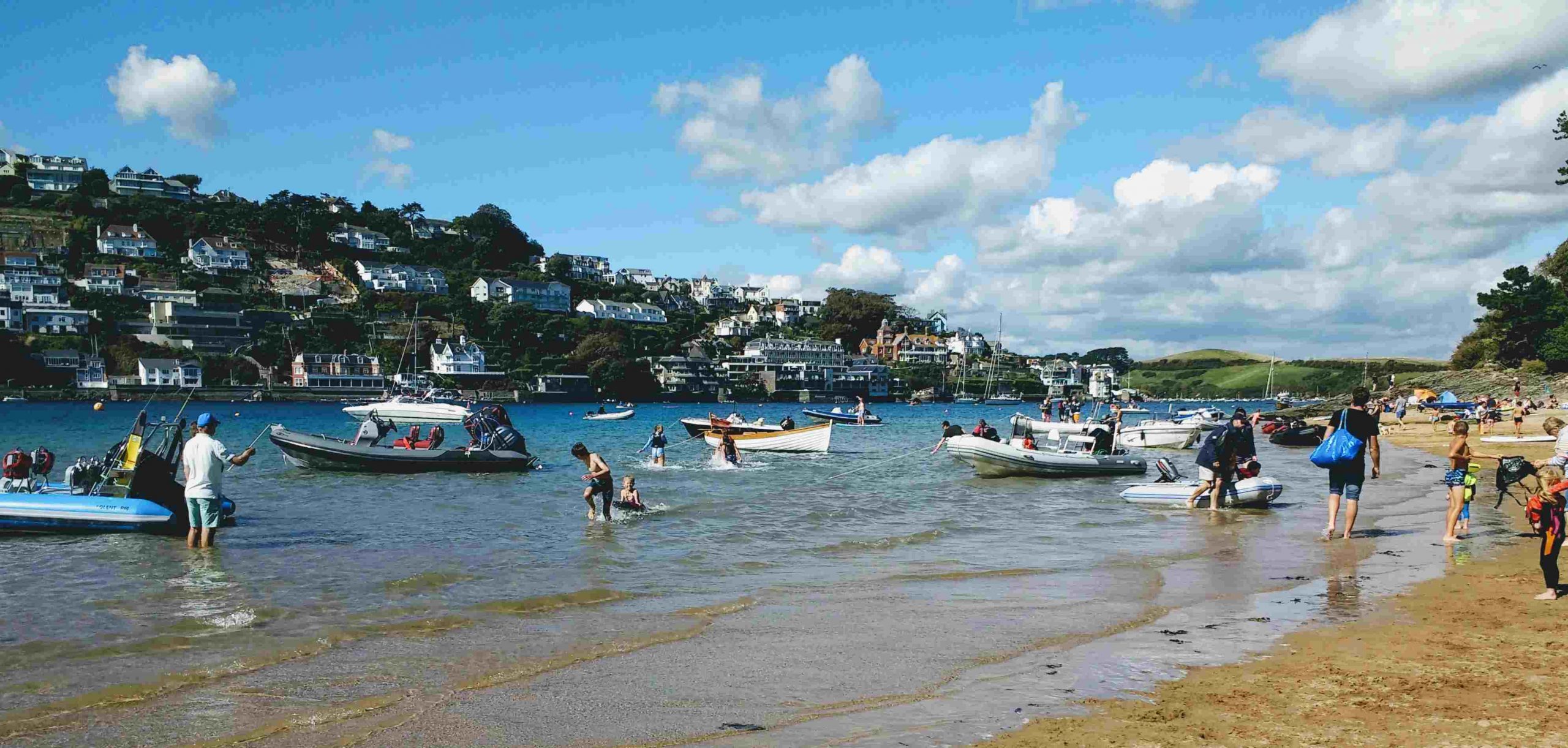 The summer was fine, the people returned, and the Harbour was busy. Much of the financial crisis which loomed over it in June may have largely (but not completely) melted away, which is a big relief as it reduces the need for steep increases in fees next year. However, sadly, September’s traditional yacht-club rallies did not happen. They were always going to be problematic as many crews involve people from more than one household, but any hesitancy about whether they could take place was finally hit on the head by the Rule of Six.
The summer was fine, the people returned, and the Harbour was busy. Much of the financial crisis which loomed over it in June may have largely (but not completely) melted away, which is a big relief as it reduces the need for steep increases in fees next year. However, sadly, September’s traditional yacht-club rallies did not happen. They were always going to be problematic as many crews involve people from more than one household, but any hesitancy about whether they could take place was finally hit on the head by the Rule of Six.
This month, when we are not worrying about the escalating levels of Covid-19, we will be living through the closing stages of the Brexit negotiations. One of the oddest features of this, which history books will have great difficulty explaining, will be the importance attached to fishing. This economically negligible industry (although of real significance to those involved in it and the coastal communities in which they live) may well affect the whole future of the City of London. It is a classic example of when, in Government, if you don’t solve a problem, it can rise up to hit you in the face. Nobody can claim that the fishing settlement when the UK joined the EEC (as it then was) was perfect: far from it. Successive changes have not done much to improve this: indeed, some have made matters worse. The final denouement was in the rôle fishing played in promoting the cause of Brexit. At this stage it is impossible to say how big an impact the tiny fishing industry will have in determining the future of the UK economy.
And now to the issues raised by African elephants, hundreds of which are dying mysteriously in Botswana and Zimbabwe. This does not look like a story about poaching, or even disease, and a complication has been that the corpses are rotting so quickly that autopsies often can’t be carried out. However, one of the top theories is that this could be down to our old friend, oft seen in Kingsbridge and the northern creeks of the Harbour, of fungal blooms. Many of the dead elephants have been found near watering holes containing blue-green algal blooms – which have been known to cause the death of impala, wildebeest, white rhinos and zebra. These blooms are the result of chemicals used to enable more intensive farming and they can be very poisonous. It is about time that we got to grips with this.
Comments are closed, but trackbacks and pingbacks are open.